From water battles to family blessings, Songkran is a unique journey through Thai history
ANN/THE NATION – Songkran, Thailand’s renowned water festival, is steeped in a captivating history that intricately weaves together Hindu, Buddhist, and ancient Thai cultural traditions.
This vibrant celebration, now recognised by UNESCO as intangible cultural heritage, holds a special place in the hearts of the Thai people.
UNESCO’s announcement, made from Botswana on a Wednesday afternoon, underlines the significance of Songkran as a cultural phenomenon deserving of global recognition.
The festival unfolds annually from April 13 to 15, symbolising the advent of the traditional Thai New Year. Beyond its exuberant water-splashing revelry, Songkran carries profound symbolic meanings of cleansing and purification, reflecting the spiritual essence embedded in its traditions.
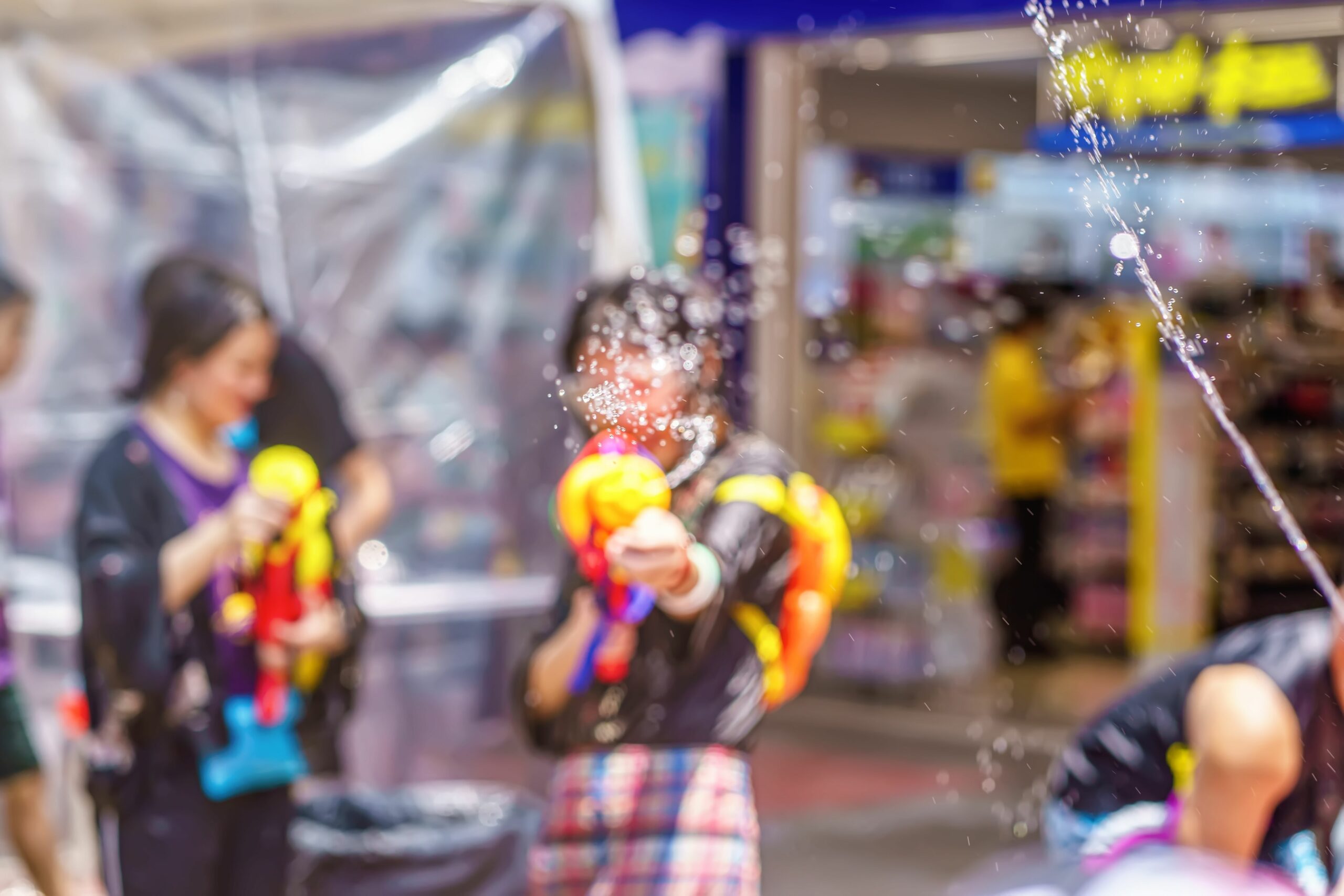
Amidst the playful water festivities, Songkran is also a time-honoured occasion for the Thai people to express reverence to their elders, involving intricate rituals and gestures that signify gratitude and respect.
Additionally, the festival encourages the act of giving alms to monks, fostering a sense of community and generosity.
Next year, the Pheu Thai-led government plans to stretch celebrations throughout the whole of April to promote the festival as Thailand’s soft power.
Songkran has a colourful past, which some scholars believe is rooted in an ancient Hindu festival marking the harvest season and the arrival of the new year.
This festival, called Makara Sankranti, celebrated the sun’s entrance into the water sign of Aquarius, marking a new astrological period.
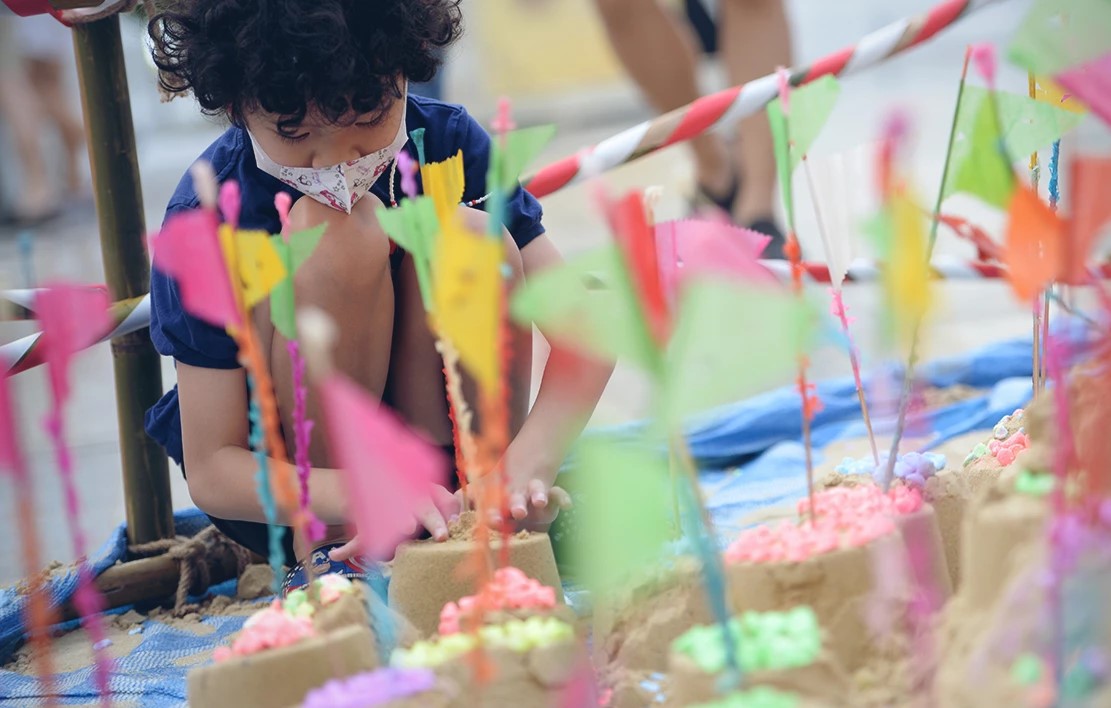
The water element, significant in both Hinduism and Buddhism, played a central role in rituals like making sacrifices to deities and the symbolic washing away of sins.
The festival was adopted by the Khmer Empire, which ruled parts of present-day Thailand, around the 11th century.
They called it “Sangkran” or “Songkran”, derived from the Sanskrit word “saṃkrānti”, meaning “astrological passage”.
According to the traditional Thai calendar, the first new moon day of the fifth month is regarded as New Year’s Day. It normally falls on April 13.
Thais regarded Songkran as New Year’s Day until 1889, when King Chulalongkorn (Rama V) switched the date to April 1. In 1941, the first day of the year was moved to January 1 by Field Marshal Plaek Phibunsongkhram’s government, to match the Western Gregorian Calendar.
The Thai traditional New Year switched back to April 13, to be celebrated with a three-day Songkran holiday.
Under the Khmer empire, people bathed during Songkran as they believed it helped cleanse the soul of bad karma and freed the spirits of dead ancestors to return to their homeland. This belief was apparently later attributed to the water element in Songkran celebrations.
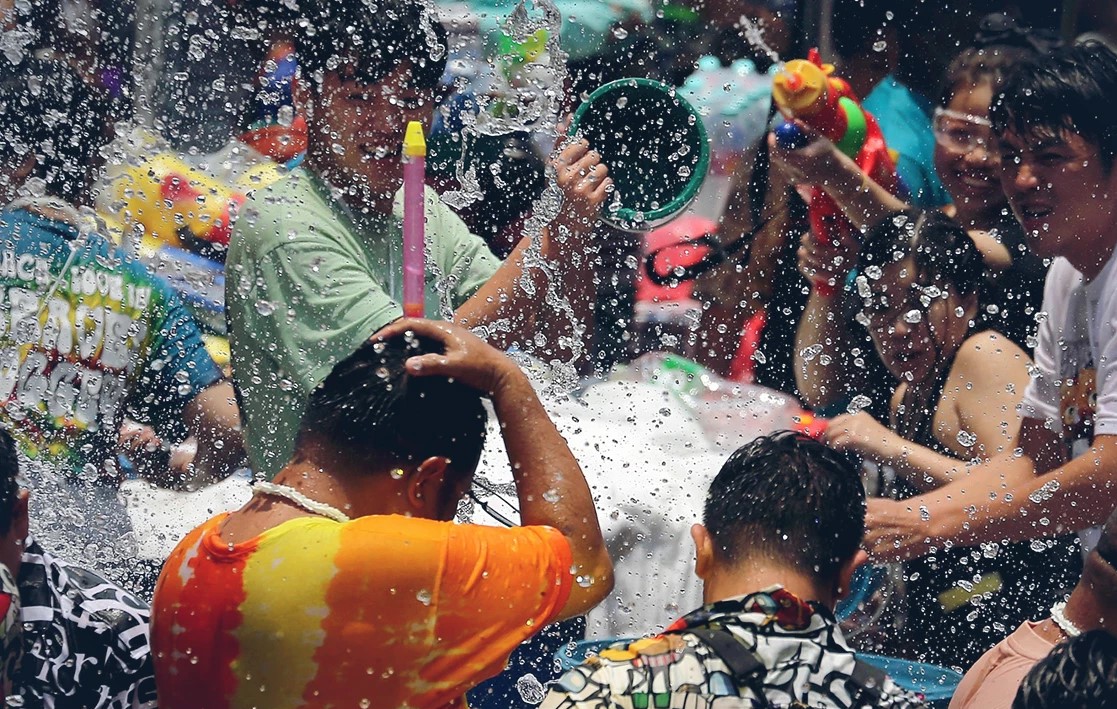
As Theravada Buddhism flourished in Thailand, Songkran took on new dimensions.
The focus shifted towards merit-making, with people offering food and prayers to monks at temples.
This tradition, called “tam bun”, remains an essential part of traditional New Year celebrations today.
During the Ayutthaya Kingdom (1350-1767), Songkran became an elaborate royal ceremony.
The king led processions, offered symbolic gifts to Buddha statues, and participated in the “Washing of the Buddha” ritual. No water splashing took place in those days.
The washing ritual, where people pour water over Buddha images to purge impurities, is still practised widely.
Although Thailand has observed the international calendar’s New Year Day for over 80 years, Songkran Day remains the more important festival for most Thais.
Millions who study or work outside their home provinces grab the opportunity of the three-day holiday to travel home to their families.
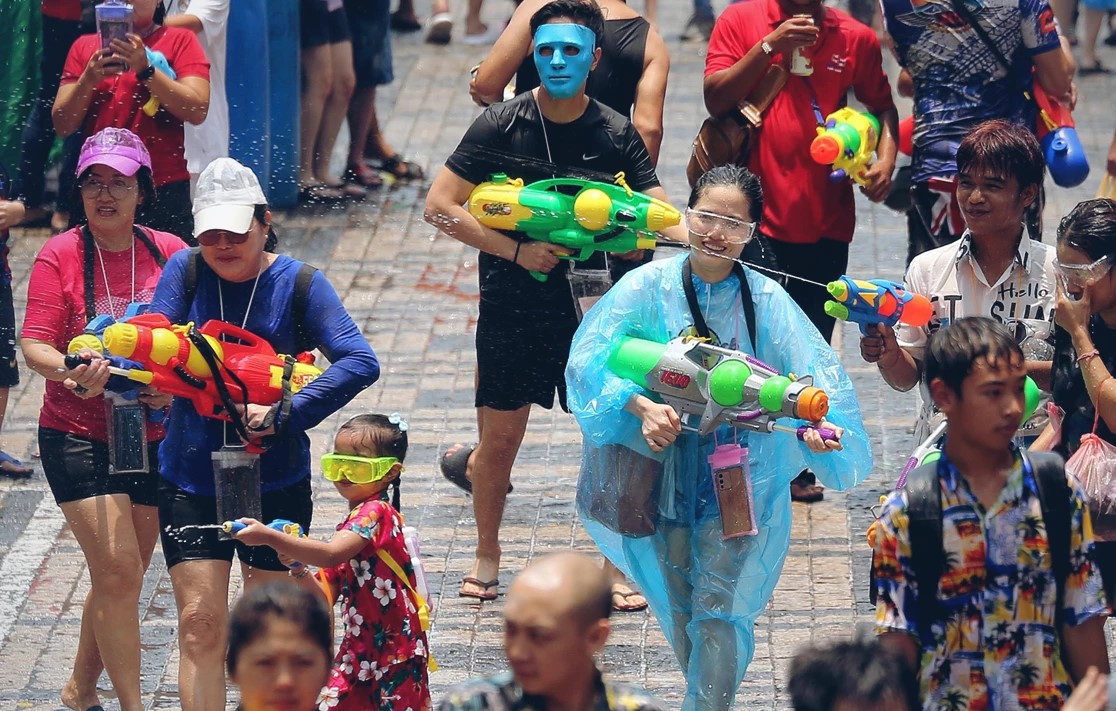
April 14 is also called Family Day. The government often extends the holiday period by one or two days, creating a long weekend to promote tourism. But the exodus of people, coupled with partying, also leads to a spike in road accidents each year.
Water splashing takes centre stage at Songkran these days, with water guns in all shapes and sizes filling the shelves in shops.
The roots of this tradition are a mystery, though. Culture scholar Sujit Wongthet believes the water fights were encouraged and adopted in modern times to promote tourism.
He notes that a poem about Songkran written during the reign of King Rama III makes no mention of water splashing.
Some scholars believe that water splashing began after King Chulalongkorn began celebrating Thai New Year in 1989.
Today, Songkran is a vibrant celebration of tradition, family, and community whose significance has now earned UNESCO recognition.
People visit temples, offer alms, sprinkle water on their elders to show respect, and engage in joyous water battles symbolising cleansing and renewal.
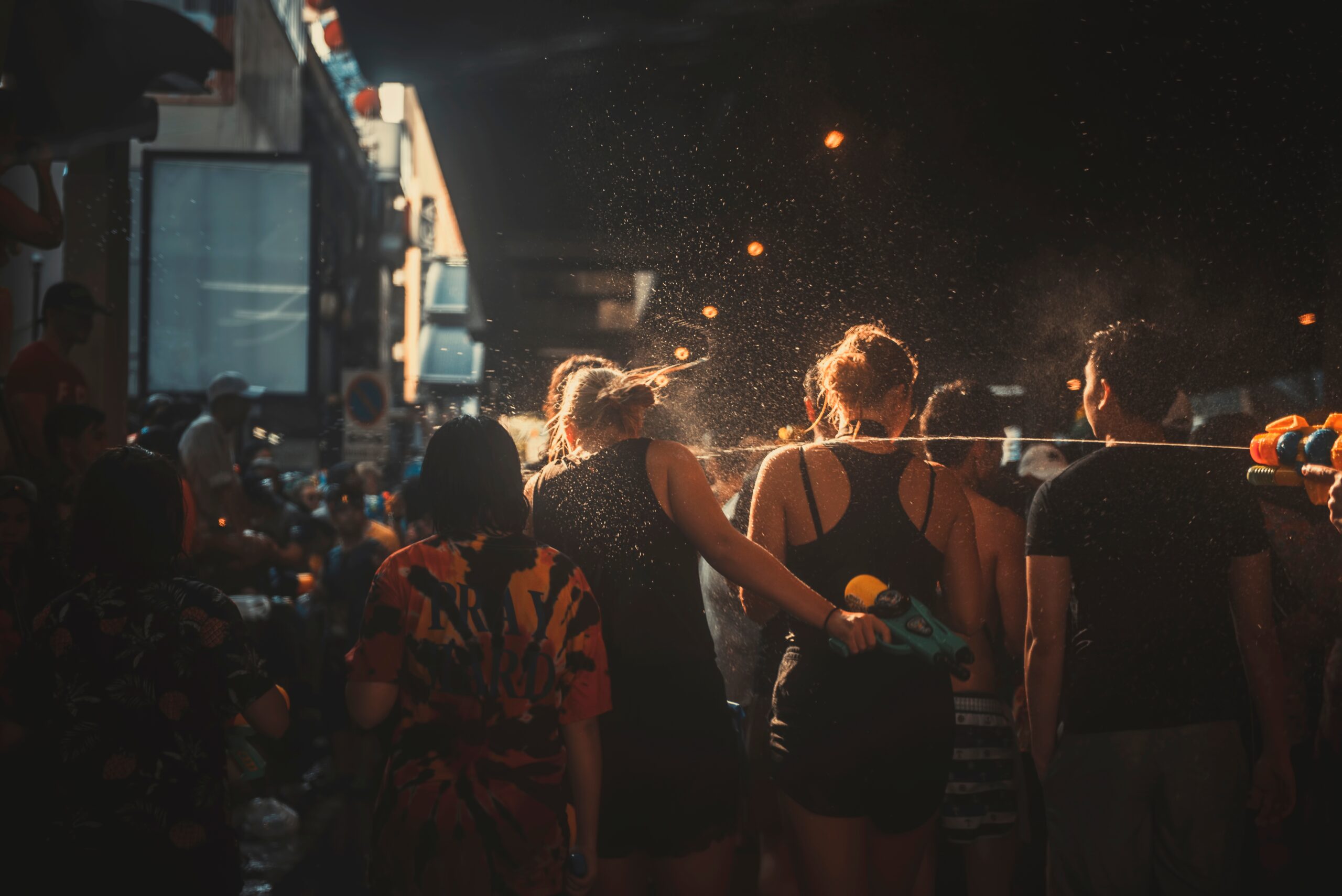
The gentler side of the festival sees people anointing the hands of their parents, grandparents and seniors with scented water to seek their blessing for the new year.
Many families, especially those in the Northeast, make merit for deceased relatives or ancestors.
Local authorities and shopping malls set up spaces for the public to pour scented water on Buddha images to seek blessing.
Some temples invite worshippers to carry sand into their grounds for future building construction. Many Buddhists believe the practice brings prosperity, hoping that money pours into their pockets to match the amount of sand they carry.
Another traditional New Year activity is the releasing of captive animals. Worshippers buy fish and caged birds to free on Songkran Day, hoping that this act of compassion will wipe away their bad luck.
Songkran’s journey from ancient to modern times reflects Thailand’s history and culture, weaving together ancient customs, religious beliefs, and a zest for life. The festival is testament to the enduring power of tradition and the joy of celebrating new beginnings And as world intangible heritage, it is here to stay.





